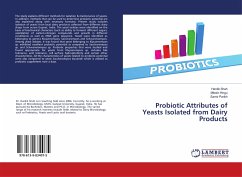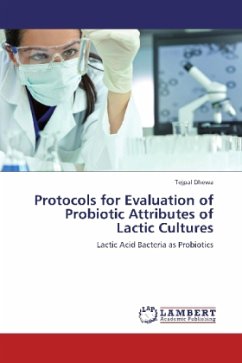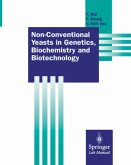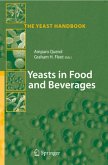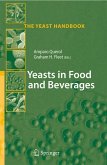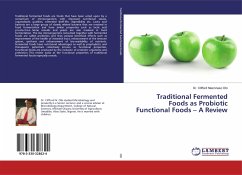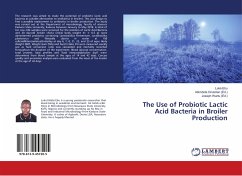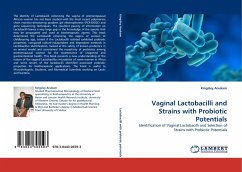The study explains different methods for isolation & maintenance of yeasts. In addition, methods that can be used to determine probiotic potential are also explained along with necessary formulas. Present study includes isolation of yeasts from local dairy products collected from different dairy shops from across Gujarat, India. The yeast isolates were identified on the basis of biochemical characters (such as ability to ferment different sugars, assimilation of carbon-nitrogen compounds and growth in different conditions) as well as rRNA gene sequence. Yeasts were identified as belonging to genera Kluyveromyces, Saccharomyces and Schwanniomyces. Among yeast isolates, it was found that yeast belonging to Klyuveromyces sp. exhibited excellent probiotic potential as compared to Saccharomyces sp. and Schwanniomyces sp. Probiotic properties that were studied and found appropriate for yeasts from Kluyveromyces sp. includes bile tolerance, acid tolerance, cell surface hydrophobicity and certain other characteristics. All the characteristics of yeasts related to probiotic potential were also compared to yeast Saccharomyces boulardii which is utilized as probiotic supplement now a days.
Bitte wählen Sie Ihr Anliegen aus.
Rechnungen
Retourenschein anfordern
Bestellstatus
Storno

